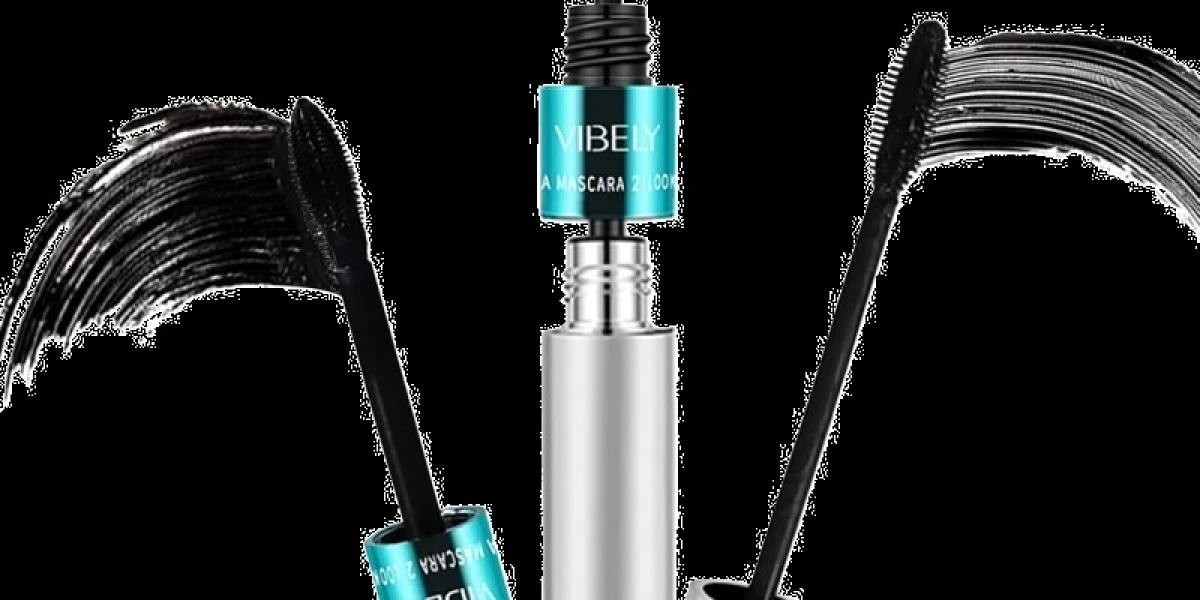Introduction
Dubai, one of the seven emirates of the United Arab Emirates (UAE), has evolved into a global business hub over the past few decades. Its rapid economic development, driven by a booming tourism sector, thriving real estate market, and diverse economy, has made it a magnet for professionals from all over the world. The allure of Jobs in Dubai lies in its tax-free income, cosmopolitan lifestyle, and the promise of high salaries. For those considering working in Dubai, understanding the job market, industries in demand, and how to navigate the employment landscape is key to securing a rewarding position.
Key Sectors for Employment in Dubai
Tourism and Hospitality
As one of the world’s top tourist destinations, Dubai’s hospitality sector is continuously expanding. From five-star hotels to luxury resorts, restaurants, and entertainment venues, the city offers a plethora of opportunities for professionals in hospitality, customer service, event management, and tourism.
Jobs in this sector often include roles such as hotel managers, chefs, event planners, travel agents, and tour guides.
Real Estate and Construction
Dubai’s skyline is an ever-evolving testament to its booming real estate and construction sectors. With ambitious projects like the Burj Khalifa, Palm Jumeirah, and Dubai Marina, there is a constant demand for architects, civil engineers, project managers, and construction workers.
Additionally, the city is home to numerous real estate firms that offer opportunities for property agents, sales executives, and project developers.
Finance and Banking
Dubai is a regional financial hub, hosting branches of major international banks, investment firms, and insurance companies. The Dubai International Financial Centre (DIFC) is a key player in this sector, attracting finance professionals from all over the globe.
Opportunities here include positions for financial analysts, accountants, bankers, auditors, and investment advisors.
Information Technology (IT) and Telecommunications
The tech industry in Dubai is growing rapidly, driven by the government's push towards innovation and smart city initiatives. Tech startups and global IT firms are thriving, offering roles for software developers, network engineers, data scientists, cybersecurity experts, and digital marketers.
With Dubai aiming to become a leading smart city, opportunities in artificial intelligence (AI), blockchain, and cybersecurity are particularly abundant.
Healthcare
Dubai’s healthcare system is one of the best in the region, attracting medical professionals from around the world. Hospitals, clinics, and healthcare institutions are always in need of doctors, nurses, surgeons, and allied health professionals.
The government’s focus on medical tourism further expands the job market in healthcare, particularly in specialized fields such as cosmetic surgery, orthopedics, and dental care.
Retail and E-commerce
Dubai is known for its luxury shopping malls and vibrant retail sector. Retail giants and global fashion brands operate in the city, creating numerous opportunities in sales, marketing, merchandising, and customer service.
E-commerce is also on the rise, with platforms like Amazon.ae and Noon.com dominating the market, offering roles in logistics, digital marketing, and operations management.
Education
The demand for quality education in Dubai is high, with numerous international schools, universities, and training centers. There is a constant need for qualified teachers, administrative staff, and education consultants, especially in institutions offering international curricula like the British and American systems.
Types of Jobs and Employment Contracts in Dubai
Full-Time Jobs: These are the most common type of jobs in Dubai, offering long-term stability and benefits such as health insurance, housing allowances, and end-of-service gratuity. Full-time employees are often recruited on a two- or three-year contract, which may be renewed upon mutual agreement.
Part-Time Jobs: Part-time opportunities are available, but they are less common than full-time roles. Typically, part-time positions are seen in industries such as hospitality, retail, and education. Workers may receive fewer benefits compared to full-time employees.
Freelancing and Consultancy: Freelancing has become increasingly popular, especially with the rise of digital platforms and remote work options. Dubai has introduced freelancer visas to facilitate professionals who wish to work independently. Consultants in fields like IT, marketing, finance, and legal services often prefer this route.
Salary Expectations in Dubai
Salaries in Dubai vary significantly depending on the industry, experience, and job role. While the absence of income tax means professionals take home a higher net salary, the cost of living can also be high, especially in terms of housing and education for expatriates with families.
Finance: Professionals in banking and finance can expect average salaries ranging from AED 10,000 to AED 50,000 per month, depending on their seniority and role.
IT and Tech: Salaries in the IT sector range from AED 8,000 to AED 40,000, with specialized roles like data scientists and cybersecurity experts commanding higher wages.
Healthcare: Doctors, surgeons, and other medical professionals often earn between AED 15,000 to AED 60,000, depending on their specialization.
Hospitality: The hospitality sector offers salaries between AED 5,000 and AED 20,000 for roles ranging from hotel management to front office staff.
How to Find Jobs in Dubai
Online Job Portals:
Popular job portals like Bayt, GulfTalent, and LinkedIn are essential tools for job seekers. Many companies post vacancies on these platforms, and they also offer resources like CV-building tools and salary guides.
Recruitment Agencies:
Dubai is home to several international and local recruitment agencies that specialize in connecting professionals with companies. Agencies such as Robert Half, Michael Page, and Hays are well-known for their expertise in various sectors.
Company Websites:
Many employers post job openings directly on their websites. If you have a specific company in mind, regularly checking their careers section can be a proactive way to stay informed about opportunities.
Networking:
Networking plays a crucial role in securing jobs in Dubai. Attending industry events, job fairs, and seminars can help professionals connect with key decision-makers. Joining professional organizations and expat groups is also a valuable way to expand your contacts in the city.
Social Media:
Platforms like LinkedIn are not only used for job postings but also for networking and showcasing professional accomplishments. Following companies, engaging with industry leaders, and actively participating in discussions can increase visibility to potential employers.
Visa and Work Permit Process
To work legally in Dubai, you must have a valid work visa, which is typically sponsored by your employer. The process involves:
Obtaining an Offer Letter: Once a job offer is accepted, the employer will apply for your work permit and visa.
Medical Examination: A medical examination is required as part of the visa process. This includes a general health check and screening for infectious diseases.
Residence Visa: After passing the medical, a residence visa is issued, allowing you to live and work in Dubai.
Emirates ID: An Emirates ID is a mandatory identification card for residents of the UAE. It is required for various services, including opening a bank account and signing rental agreements.
Tips for Securing a Job in Dubai
Tailor Your CV: Ensure your CV is tailored to the job you’re applying for, highlighting relevant experience and qualifications. Employers in Dubai often prefer candidates with industry-specific skills and experience.
Follow Up: After applying for a job, it’s a good practice to follow up with the employer or recruiter. This shows initiative and interest in the role.
Cultural Sensitivity: Dubai is a multicultural city with a large expatriate population. Being aware of cultural norms, such as dress codes and business etiquette, can enhance your chances during interviews and in the workplace.
Conclusion
With its dynamic job market and diverse opportunities Job in Dubai remains a top destination for professionals seeking international experience. Whether you're interested in the fast-paced world of finance, the luxury of the hospitality sector, or the cutting-edge tech industry, Dubai offers something for everyone. By understanding the key industries, staying updated on job trends, and following the right steps in your job search, you can increase your chances of securing a rewarding career in this global city.








